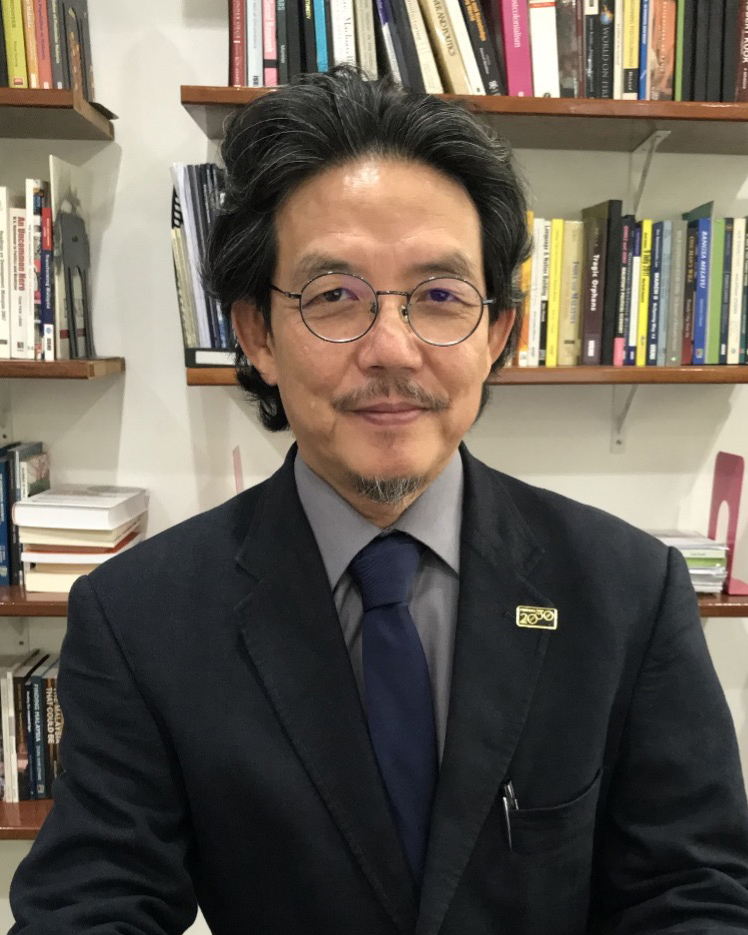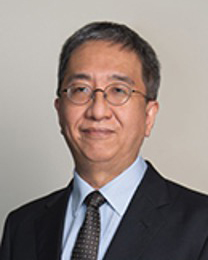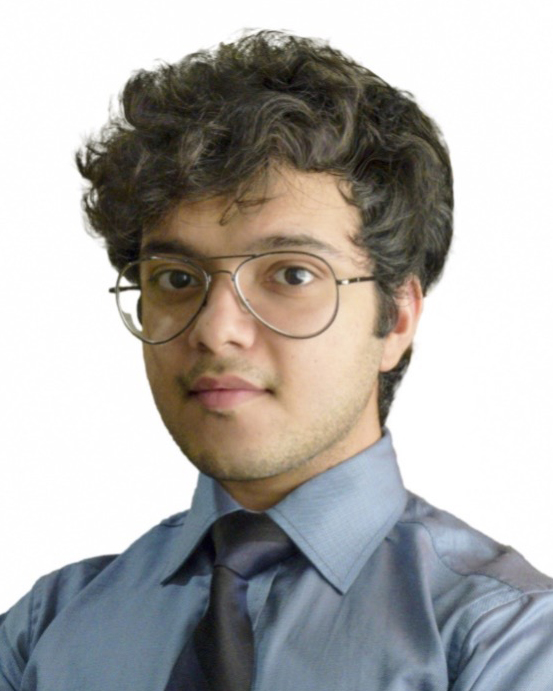Editorial Note by the Guest Editor
Ooi Kee Beng, Penang Institute
Malaysia and ASEAN in a World in Flux
A New World
The New Normal—if I may continue to name the immediate post-COVID-19 era as such—offers sensational surprises as well as some satisfaction in that some pundits made predictions in 2020-21 that proved right. There has definitely been an increase in consciousness about personal health and social hygiene; many micro-, small and medium enterprises have indeed suffered badly; poor households and single mothers have had to endure hard times; and government policies have been forced to focus more on short-term welfare measures than developmental investments. Supply chain disruptions have caused trade to regionalise, diminishing the precarious dependence on globe-spanning trade, or even to go domestic to the extent possible; food security and agro-technology have become common items for discussion in board rooms and among policymakers; and digitalisation has been boosted on all fronts.
But certain characteristics now typical in the New Normal could not have been predicted, except by the highly insightful among us or by a few extremely lucky pundits. Work from home has become much more popular and irresistible than one could have thought, accompanied in most societies by changes in career demands, employment vicissitudes, and lifestyle alterations; the tourism sector has rebounded faster than was thought possible, driven by domestic and regional travel, not by the return of global tourism; and reversal in globalisation trends going beyond trade, which may now push international relations towards disconnected and distrusting multi-polarity.
This era of flux appears to have thrown even the developed world and its governments into a state of anxiety and confusion. The war in Ukraine brought the West together only to reveal deep cracks within its political economy and in the national security concerns of each western country.
How will all this affect Southeast Asia? Is global conflict being brought to our doorstep through deepening U.S.-China tension? Does ASEAN have a future in such a world? Do new multiple trading blocs signal economic optimism, or merely the disintegration of faith in international trade?
There are no easy answers. But what remains important to global peace is the primacy of economic growth to the wellbeing of every nation, as well as the role of international trade in that growth. Political stability depends in the end on the promise of a better tomorrow—for households and individuals.
A New Region
The two articles that constitute Perspectives on this occasion provide, firstly, a reminder of the joint fate of Southeast Asian countries. This is provided by Cassey Lee in his comparison of how ASEAN members states have fared over time in their apparently common journey from a society that was agricultural to a manufacturing one, and then a services-based one, and how greatly the stages can vary in expedience, experience and achievement.
There is the case of Singapore, which not only escaped the clutches of the fuzzy middle-income trap, but seemed to have returned to industrialisation strategies at a high level of development. Then there are the cases of Thailand and Malaysia, which exemplify the existence of that trap. Vietnam, meanwhile, seems geared to cruise at a velocity of growth that should push it beyond any such structural hindrance to its development. To complete the once-already-broad spectrum of development extended during the last 2–3 years, we have the sorry case of Myanmar where the latest in its history of military coups may have crippled its development much more seriously than ever before.
ASEAN’s responsibility, despite its diminished capacity to determine the region’s security environment and self-image, appears all the greater to articulate and reiterate the benefits of regional economic integration, the region being ASEAN+X, and not just ASEAN.
Even as Europe now feels more strongly than ever the need to play a strategic balancing role between Russia and the U.S., Southeast Asia, through ASEAN and other channels, are tasked to the same where China and the U.S. are concerned.
A New Malaysia
The second article, written by Pritish Bhattacharya and Francis E. Hutchinson, focuses on the interesting—and many would say regionally central and illustrative—case of the Federation of Malaysia. They place that country’s present uncertain and worrisome economic state of affairs in a historical context stretching back to late colonial times.
In seeing how Malaysia’s economic development had its fair share of ups and downs—some ups being more exhilarating than expected, and some downs being more despairing than others—and how such a history is best understood through studying the organic interaction of relevant and sometimes unexpected factors such as internally-driven crises like deadly racial riots or externally-determined ones like COVID-19, or the happy discovery of lucrative oil wells or inflows of foreign direct investments due to shifts in global relations, one would be more easily convinced that only a global perspective is able to provide good and long-term answers to the challenges of the our times.
In observing this spectrum of determinants—in the national, the regional as well as the global contexts, chances are better for one to grasp how a world in flux will change, and to provide ways for eluding the less attractive near-future political and economic scenarios for the region and the world.
Dato’ Dr Ooi Kee Beng is the Executive Director of Penang Institute, and founder-editor of Penang Monthly and other academic publishing outlets such as ISEAS Perspective. He is a sinologist, political scientist and historian trained in Stockholm University, Sweden, and has lectured and worked on nation building in Asia, and Malaysian politics, for the last three decades. His many books include As Empires Fell: The Life and Times of Lee Hau-Shik, the First Finance Minister of Malaya (2020); The Eurasian Core: Dialogues with Wang Gungwu on the History of the World (2015); and The Reluctant Politician: Tun Dr Ismail and His Time (2006). Email: keebeng@penanginstitute.org.
For previous issues of Perspectives, please click the respective links:
Note: The views and opinions expressed in the Perspectives are those of the authors and do not necessarily reflect the journal’s or the publisher’s position.





